UWI author, historian and political scientist Associate Professor Mehmet Perinçek evaluated the fall of Bashar Assad. Perinçek focuses on the character of the actors and forces in the new government in Damascus.
To foresee what might unfold in Syria from now on, we first need to understand the roles of those who have come into power.
The US and Israel aim to fragment nation-states in the region. The Greater Middle East Project and its objective to redraw borders in the region along ethnic and sectarian lines are well-known strategies. We’ve already seen examples of this in Yugoslavia, Iraq, and Libya.
Türkiye stands as a significant obstacle to this plan with its presence. US strategy has always viewed Türkiye as a country too large and strong to control easily. Consequently, they target Türkiye’s territorial integrity. To achieve this, they need to encircle Türkiye. This encirclement is currently conducted through the Aegean Islands, the Eastern Mediterranean, and Thrace, but one of its most critical components is undoubtedly in northern Syria: The PKK/YPG.
The developments in Syria should be interpreted as actions targeting Türkiye as well as Syria. They should be seen as part of this encirclement plan.
Separatist terrorism and bigot terrorism
Now turning back to my point at the beginning – the roles of those who have come into power. There are two significant factions at play in Syria in this regard: the faction of separatist terrorists and the faction of bigot terrorists. Both were established and are directed by the US. The two forces claiming to shape Syria’s future are under US’s control. Therefore, Syria faces the threat of partition in the coming period. Signs of this have already surfaced. Talks about drafting a new constitution with a federal structure have already started. Syria is on the verge of being claimed by whoever can seize it. The PKK/YPG is expanding its territory, while bigot forces have seized power. Simultaneously, Israel is taking advantage of the situation by occupying Syrian land.
It’s important to remember that, when Türkiye experienced the US-backed Fethullah Gülen terrorist organization (FETÖ) coup attempt on July 15-16, 2016, there was a similar preparation in place. The PKK/YPG was aware of the coup beforehand and had prepared to take action if it succeeded. In this scenario, a US puppet government would have been established in Türkiye and separatist terrorism would be activated simultaneously. What is now being planned for Syria resembles this.
What went wrong?
So, what can be done to counter this? First, let’s acknowledge that there were steps that should have been taken earlier. The bigot terror base in Idlib – which is the primary cause of the recent developments – and the separatist terror bases east of the Euphrates should have been targeted by the cooperation of Türkiye, Russia and Iran. This did not happen. Consequently, forces backed by the US, which have had weakened during the civil war, managed to regroup and gain strength.
Despite these mistakes, the matter is not over. Türkiye, Iran, Russia and other regional countries can still collaborate to counter the US and Israel’s agenda of partition. At this point, Türkiye must run a decisive and consistent fight against the PKK/YPG. While doing so, it must align with forces in Syria that can restore national unity and territorial integrity.
Those celebrating Syria’s current predicament will soon realize there is little to reason for it. We will see to what amount the US and Israel’s plans to divide Syria and how profoundly it could harm Türkiye.
What will Russia and Iran do?
As for Russia and Iran, they have so far played pivotal roles in Syria’s resistance. However, Russia has been absent from Syria for two years due to its special military operation in Ukraine. Iran has focused on the Palestinian issue and Hezbollah has directly engaged in conflict with Israel. The US, Israel, and their collaborators in Türkiye have exploited this situation.
In addition to the preoccupations of Syria’s allies, Syria itself has been under sanctions for 13–14 years. Its oil resources are captured by the PKK/YPG. I consider noteworthy that there is no other channel or route other than Idlib that this oil could be marketed globally.
It is unlikely that Iran and Russia will adopt a confrontational stance against Syria’s new government. Instead, they will aim to maintain relations to preserve their existing positions. This approach is understandable. The extent to which it succeeds will become clearer soon.
An important detail that sheds light on the character of this new government emerged in a recent report in the Washington Post. Citing a diplomatic source once close to Assad but now on the opposite side, the report revealed that the US approached Assad with an offer before HTS’s latest offensive. The proposal was for Assad to abandon his support for Iran and Hezbollah and sever the logistical connection between the two. In return, the US promised to lift sanctions. Assad rejected this offer, and this is why they toppled him.







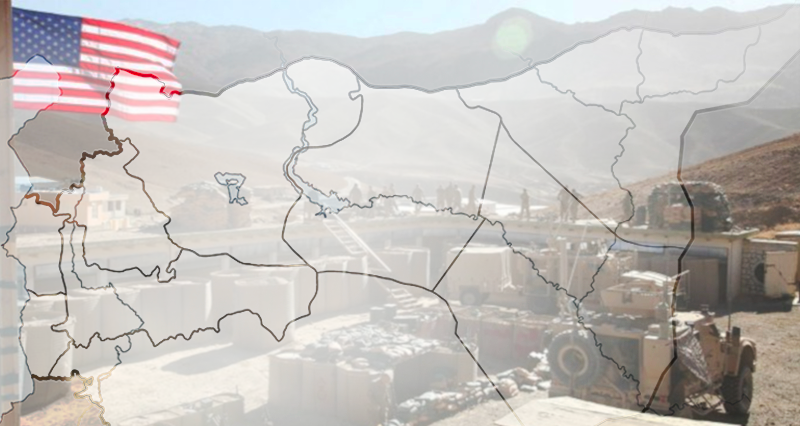
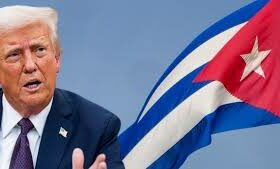

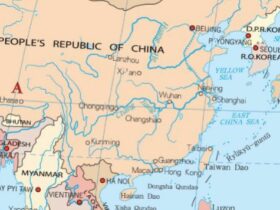

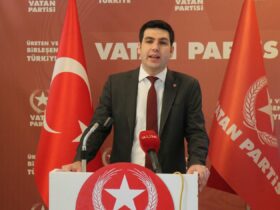
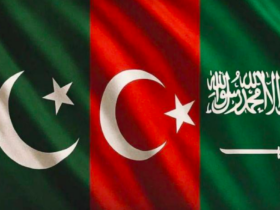
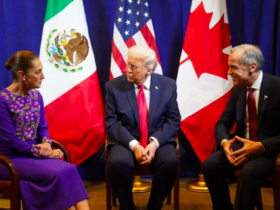


Leave a Reply